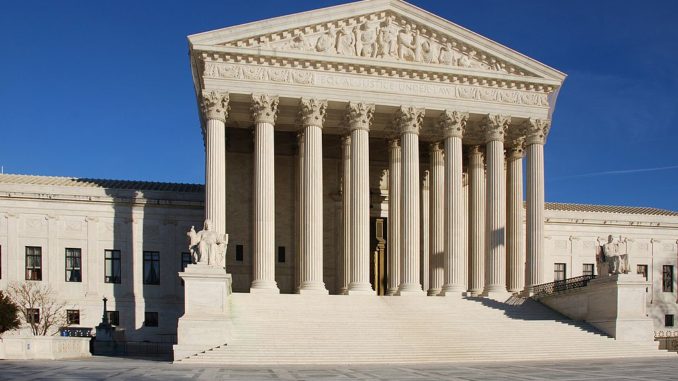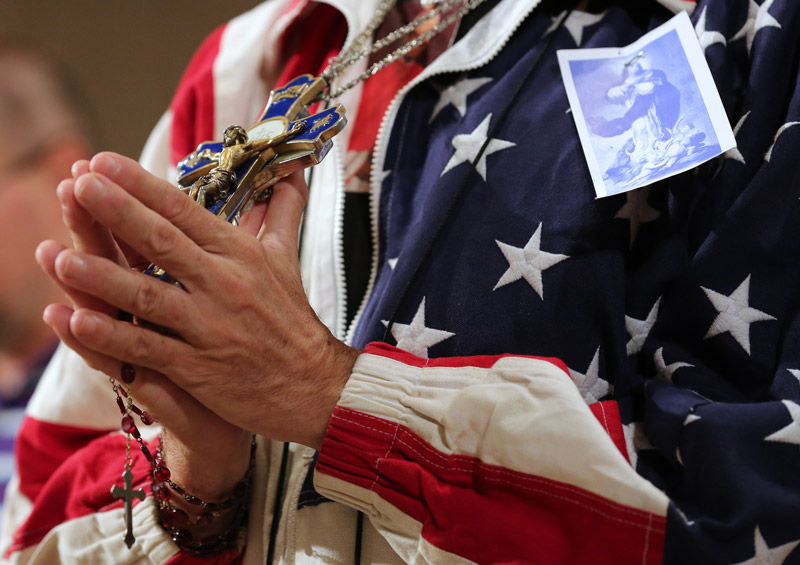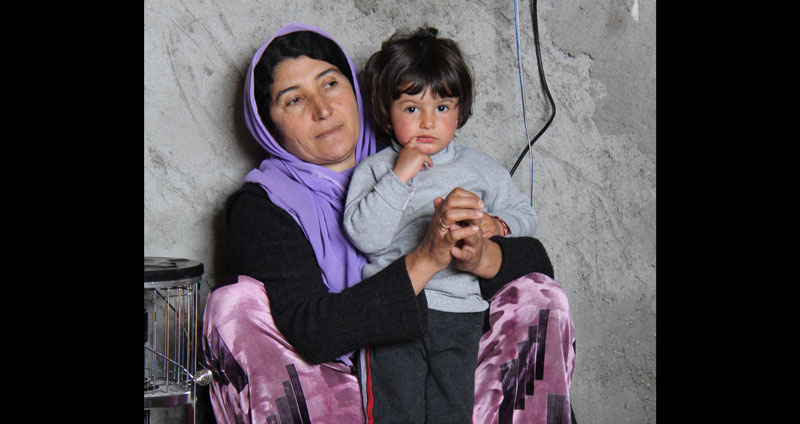
States should not deny tax credit programs to families who choose religious private schools, said members of the U.S. Conference of Catholic Bishops as the Supreme Court hears oral arguments in a case addressing the issue of school choice.
“The case before the Supreme Court today concerns whether the Constitution offers states a license to discriminate against religion,” said Bishop George Murry of Youngstown, chairman of the U.S. bishops’ Committee for Religious Liberty, and Bishop Michael Barber of Oakland, head of the Committee on Catholic Education.
“Our country’s tradition of non-establishment of religion does not mean that governments can deny otherwise available benefits on the basis of religious status,” they said in a Jan. 22 statement.
“Indeed, religious persons and organizations should, like everyone else, be allowed to participate in government programs that are open to all. This is an issue of justice for people of all faith communities.”
The U.S. Conference of Catholic Bishops filed an amicus brief in support of the plaintiffs in Espinoza v. Montana Department of Revenue. Kendra Espinoza, a mother of two daughters attending a Christian school in Kalispell, Montana, is the lead plaintiff in the case.
An 1889 amendment to the Montana state constitution, known as a Blaine Amendment, prohibits both direct and indirect state aid to religious institutions. The amendment was passed a second time when the state constitution was revised and rewritten in 1972.
The Montana Supreme Court originally decided the case 5-2 during late 2018.
That ruling found that the state’s tax credit program, which began in 2015 and provided for a dollar-for-dollar tax credit for a person’s donation to nonprofit student scholarship organizations, was allowing the Montana legislature to “indirectly pay tuition at private, religiously-affiliated schools” in violation of state law.
The Supreme Court granted cert to the case June 28, 2019.
Montana is just one of 38 states with similar “no-aid” provisions in its constitution, National Public Radio reports.



